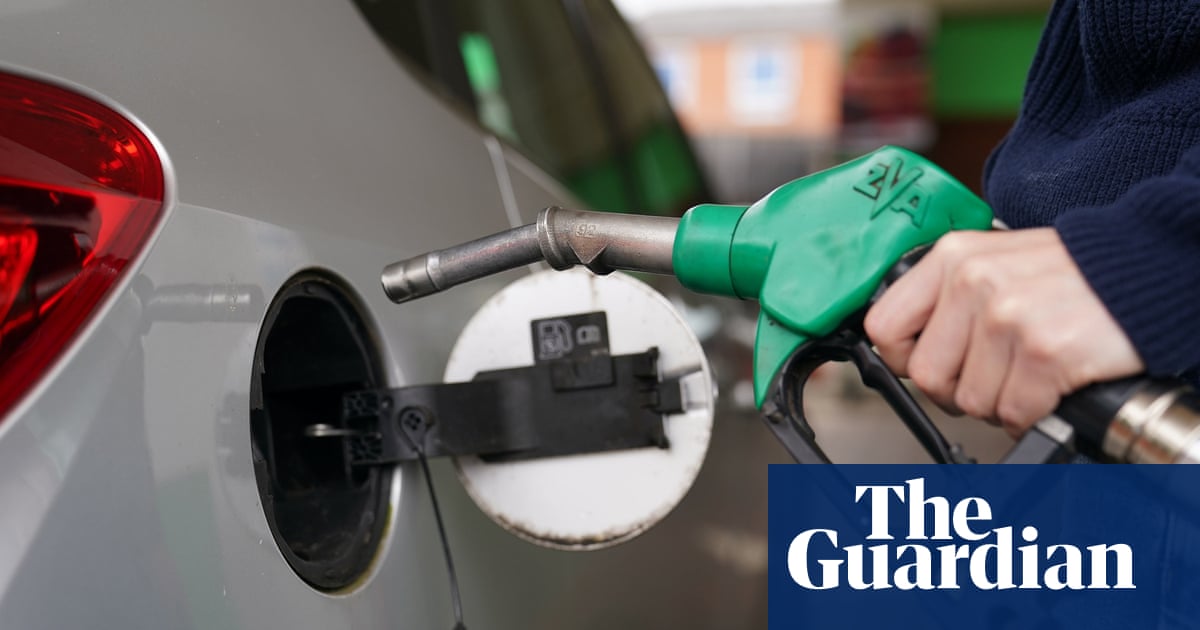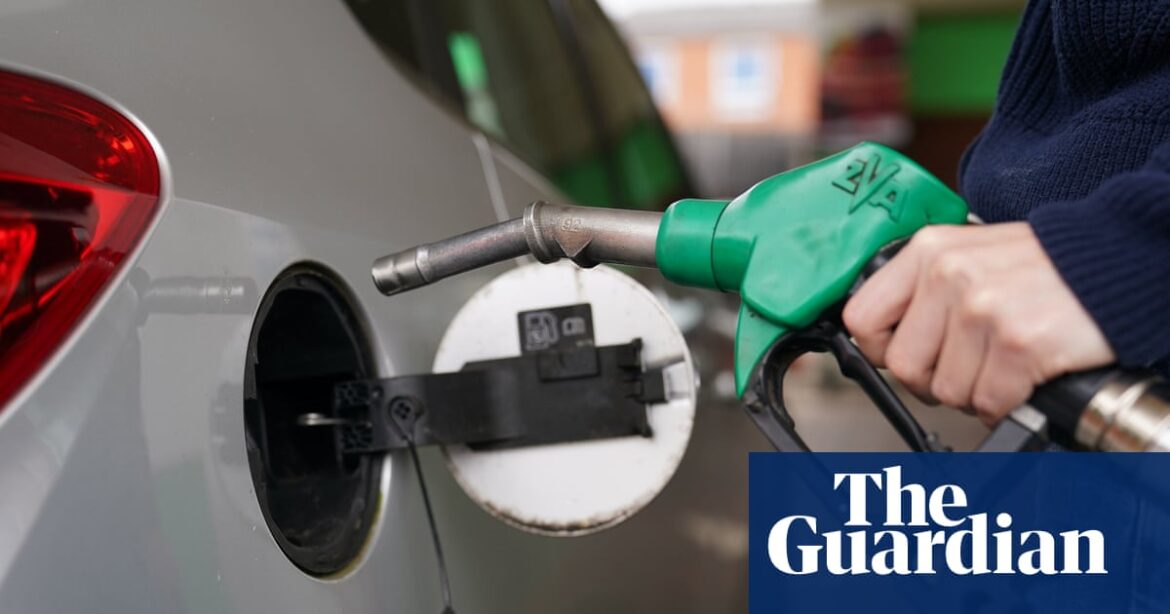
The UK’s annual inflation rate rose by 2.2% in August, matching the increase in July, as lower petrol prices at the pump were offset by higher air fares.
Figures from the Office for National Statistics (ONS) show the government’s preferred measure of the cost of living remained steady, matching forecasts by City economists and hovering just above the Bank of England’s 2% target.
Consumers have seen inflation ease from above 10% in early 2023, mainly because of lower increases in the cost of energy and food.
The rise in the consumer prices index (CPI) was below the Bank’s forecast for a rise of almost 2.4%.
The Bank is under pressure to cut interest rates to boost growth but officials are expected to hold interest rates when they meet on Thursday.
The general secretary of the TUC, Paul Nowak, said a rate cut would help the economy.
He said: “With inflation unchanged and broadly at target, and GDP growth at zero for three of the last four months, the time is right for the Bank of England to make another rate cut.
“Households are in desperate need of relief, with several years of steep price rises coming on top of the longest pay squeeze in modern history.”
However, Monica George Michail, an associate economist at the National Institute of Economic and Social Research, said sticky prices in the services sector would persuade the Bank’s policymakers to keep rates on hold. “This reduces chances of a rate cut tomorrow,” she said.
The money markets showed that the odds of the Bank making no change to borrowing costs on Thursday have risen to 73%, up from 65% before the inflation figures were released. In the US, the Federal Reserve is expected to cut rates for the first time in four years later on Wednesday.
Core inflation, which excludes volatile items such as energy and food, went up by more than City economists expected to 3.6%, and services inflation remained high at 5.6%.
The ONS said consumers restricted spending on big-ticket items such as furniture, and hotels also dropped their prices, limiting the increase in inflation.
Petrol prices have fallen in response to concerns that the global economy is slowing down and demand from major consumers such as China will be weaker in the coming months.
However, a rise in air fares, especially to European destinations, kept the CPI above the Bank’s target as services sector inflation jumped to 5.6% in August from 5.2% in July.
after newsletter promotion
Illustrating the pressure on household budgets over the last three years, the ONS said that, while inflation had moderated in the past year, gas prices in August were 68% higher than they were in March 2021, while electricity prices were 45% higher.
Darren Jones, the chief secretary to the Treasury, said: “Years of sky-high inflation have taken their toll; and prices are still much higher than four years ago. So, while more manageable inflation is welcome, we know that millions of families across Britain are struggling, which is why we are determined to fix the foundations of our economy so we can rebuild Britain and make every part of the country better off.”
Jeremy Hunt, the shadow chancellor, said: “Labour inherited inflation at the Bank of England’s target and today’s figures show they must do the hard work to keep inflation down, as we did in government.
“That includes rejecting potentially damaging new employment rights which will put up the cost of labour and ultimately raise prices as a result.”
Matthew Chapman, an associate partner at McKinsey and Co, said consumers were telling pollsters that they were reluctant about splashing out on non-essential services.
“Higher levels of service inflation – including hotels, package holidays and air fares – has contributed to the overall CPI flatlining at 2.2%. However, consumers are showing a lower intent to spend in these categories in the next three months, following the summer, which could impact services inflation in the next few months,” he said.
Source: theguardian.com



